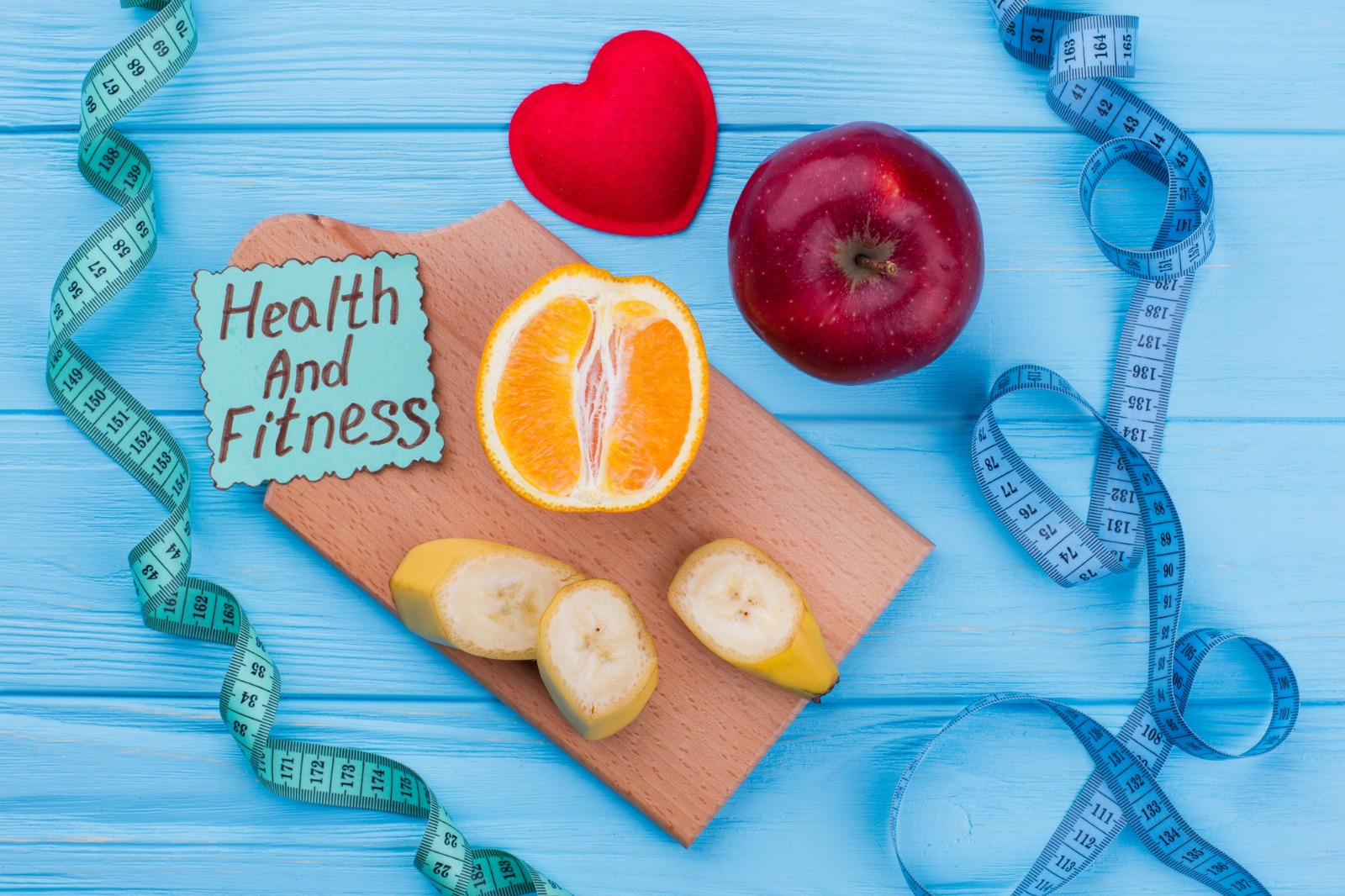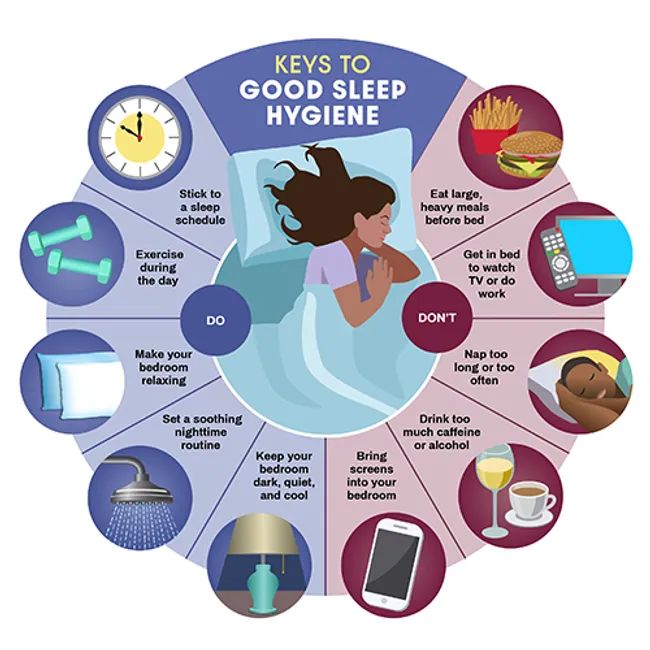What we do to our bodies makes a big difference to how we feel ?
Physical activity, diet, alcohol, smoking and drugs can all affect our mental health and wellbeing in different ways. So, let’s talk about them.
Physical activity releases feel-good hormones called endorphins, which help us sleep and feel better. It also improves our physical fitness, which tends to make people feel better in general.
Even small amounts of regular physical activity can improve your mental wellbeing – especially if it’s doing something you enjoy. Physical activity is even a recommended treatment for some types of depression.
You can start being active at your own pace and in your own unique way. No need to join a gym or spend money. Small changes in your daily routine can have a big impact. Consider taking a brisk walk during lunch or using walking as a means of transportation. Getting active in the garden or cycling once or twice a week are also great options. And if there’s an activity you used to enjoy, think about how you can pick it up again.
For example, there are lots of groups in local areas open to all levels of ability. What’s more, studies show that time in green spaces is beneficial, so head to your local park if you can!
Eating better can play a big role in our health and wellbeing. It won’t come as a surprise to learn that what we eat, and how much, plays a big part in our physical health – which can impact our mental health too. Ideally, we should aim to eat a healthy balanced diet, with plenty of fruit and veg. It’s important to keep an eye on your calories, and minimize foods that are high in sugar, fat and saet.
Alcohol, caffeine, tobacco, and even drugs may seem tempting when we’re stressed or tired. And, when we use them to try and cope, the idea of stopping them can feel like it would make things even harder. But they can cause more problems than they solve, especially long-term.
All these habits can complicate our sleep patterns, and affect how anxious and depressed we feel. So try cutting down (or even quitting). And remember that there’s support available.
Alcohol in particular can worsen our moods, so cutting down can really help us feel better. As for cigarettes, quitting smoking is one of the best things you can do for your body and mind. You’ll breathe easier, feel better, and save money!
Benefits of natural foods and a balanced diet :
From the minute we’re born, we’re aging.
Constant exposure to our environment, the things we eat, and stressors from inside and outside our bodies all cause us to age over time.Aging is very complex, but scientists are beginning to understand what happens at the cellular and molecular level.
For example, healthy cells are damaged over time when our immune systems shift from responding to short-term problems such as injuries and infections, to producing progressive chronic inflammation throughout the body. Time also gradually shortens telomeres, which act as protective caps for chromosomes containing DNA.
These and other changes make our bodies less able to handle stress from inside and outside the body, so when damage reaches a critical level, our cells, tissues and organs may no longer function normally and our health begins to deteriorate.
The changes associated with aging start to happen on some level at day one.We begin to experience their effects early in life.
For example, we lose the ability to hear certain high-frequency sounds in our teens, our perception and memory slowly decline after we peak in our mid-20s, our bone strength begins to decline in our 30s, and female fertility declines sharply after that. . . Age twenty. 35. Our hair starts to turn gray and become thin early in our 30s and 40s. Age-related myopia begins in our mid-40s, and our hair begins to turn gray and thin as early as our 30s and 40s.
After age 50, the changes of aging become increasingly noticeable, and because aging is the biggest risk factor for most diseases that affect us as adults, the older we get, the greater our risk of chronic disease.
While scientists have not yet found a way to stop these aging processes, they are learning more and more about how to maintain health throughout our lives.
Some aspects of aging are beyond our control — such as our genetics and family history — but we can educate ourselves about moderate risk factors and do our best to reduce them through healthy lifestyle and diet choices. Most of us can be healthy and active well into our later years, if we take care of yourself
It’s no surprise that regular physical activity can help maintain a healthy weight, boost overall health, and improve mood and sleep habits. Obviously, a balanced diet full of nutritious foods is crucial to good health. But when it comes to understanding which foods are the best choices, much nutrition research
It has focused on how certain foods or nutrients negatively affect health, or even play a role in the development of disease.
Recently, scientists have begun to explore and understand how nutrition can play a role in promoting healthy aging at all stages of life.
We are quickly learning about which foods and nutrients we should focus on in our diet, and how they can enhance our health.
Diets filled with fruits, vegetables, whole grains, legumes, nuts, and lean meats have proven health benefits such as lowering blood pressure, improving glucose control in diabetes, weight loss, improving arthritis, and reducing the risk of cancer and cardiovascular disease, to name a few. A few of them. We are learning more about specific nutrients that can affect health.
For example, plant pigments found in bright orange-red fruits and vegetables can prevent and slow the progression of eye diseases. Calcium helps maintain bone strength. B vitamins play a role in maintaining brain health. Flavonoids found in many plants may improve the health of our cardiovascular systems.
The bottom line is that you have the power to maintain and improve your health, add vitality to your years, and reduce your risk of disease. It is not too late to make a change.



